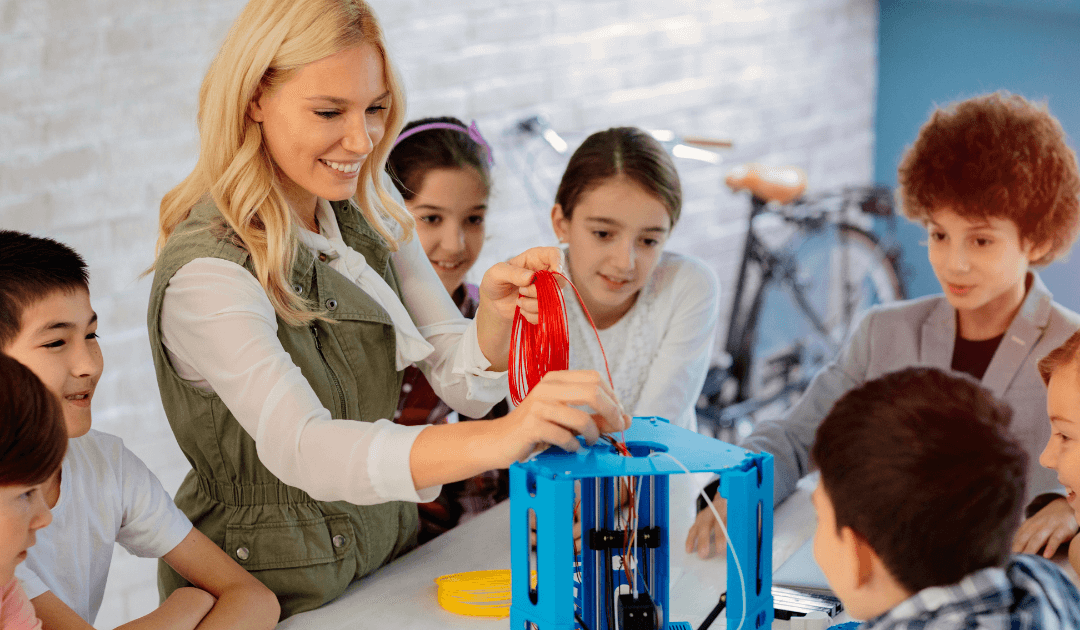According to Sir Isaac Newton’s Law of Universal Gravitation, all objects that have mass are attracted to each other. Mass is the measure of an object’s matter (what it’s made up of). The greater an object’s mass, the greater its gravitational force. The earth has a strong attracting force for objects with smaller mass (including the moon), and the sun has an attracting force on the earth and other planets in our solar system.
Albert Einstein’s General Theory of Relativity explains gravity in another way. Instead of being a force, Einstein theorized that gravity is the result of bending in space. Huge objects like the sun create a sort of well in space that causes planets to move in curved rather than straight paths. Although there is evidence to support this theory, it has not been tested enough to become a scientific law.
Weight
is determined by the force of gravity pulling on an object. The stronger the pull of gravity on an object, the greater its weight. In physics, weight is measured in newtons (N), the common unit for measuring force. To calculate your weight in newtons, measure your mass on a scale (in pounds) and multiply it by 4.5.
Unlike mass, which remains constant, weight depends on the force of gravity that is exerted on it. What do you think would happen to your weight if you were in a place where gravitational force was less? Would the weight be less or greater? On the moon, where gravity is very low, you would weigh less than on earth. On the planet Jupiter, where gravity is stronger, you would weigh much more than you do here. On the sun, gravity is so strong that you would weigh about 27 times as much as on earth! The mass of your body, however, would remain constant in all of these situations.
In the illustration, weight differences based on stronger or weaker gravity are shown. If your weight was 150 pounds (lbs) on the earth, then your weight on the moon would be about 25 pounds and your weight on the sun would be about 4060 pounds—a little over two tons!





